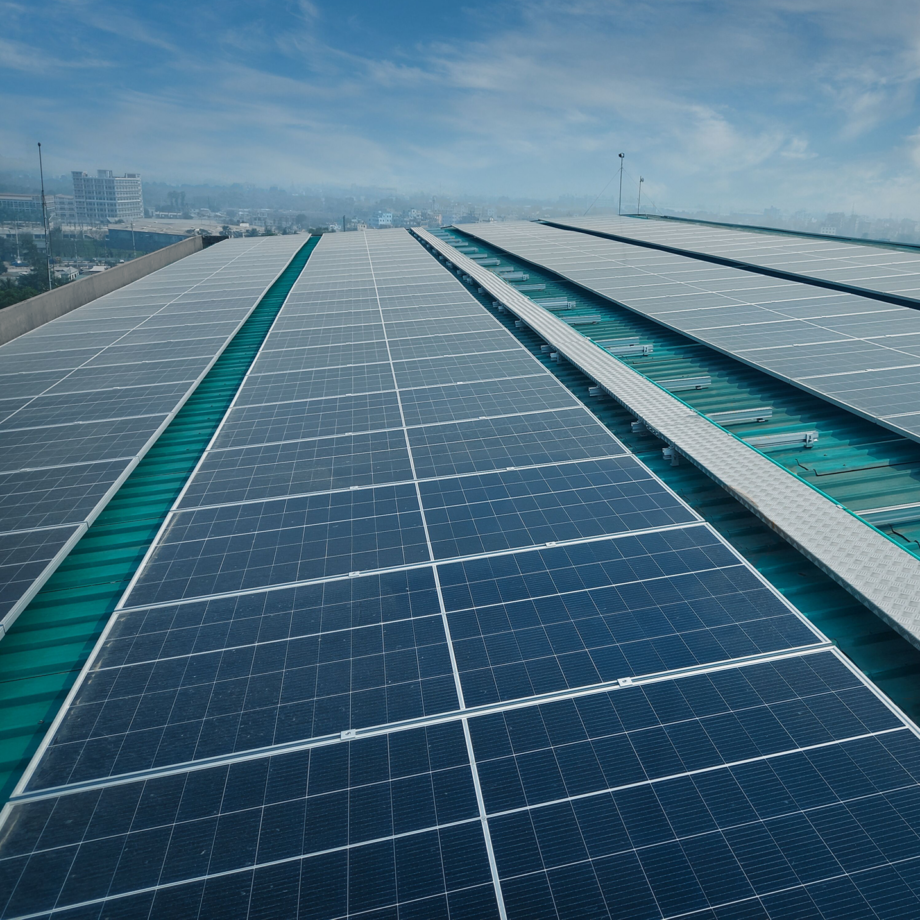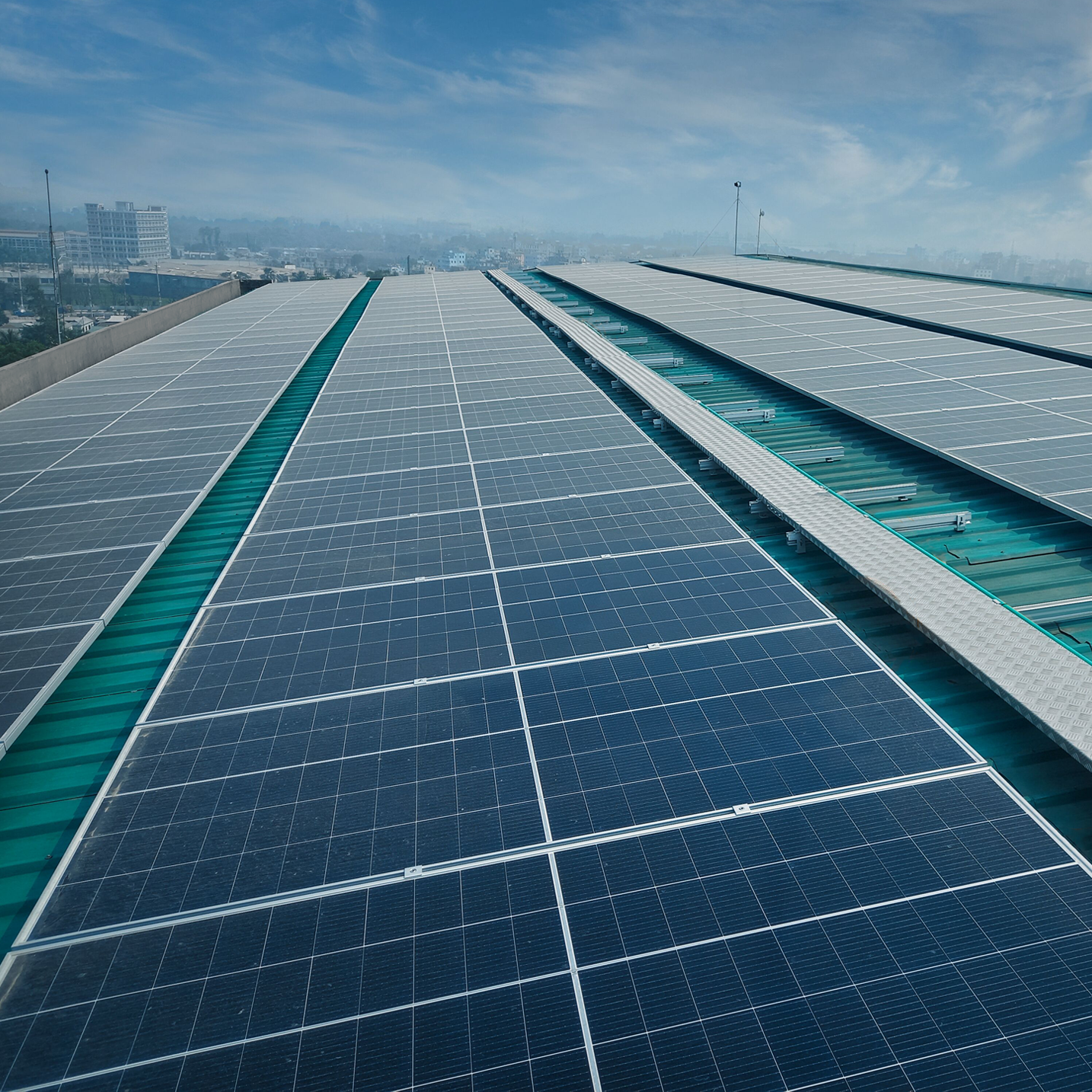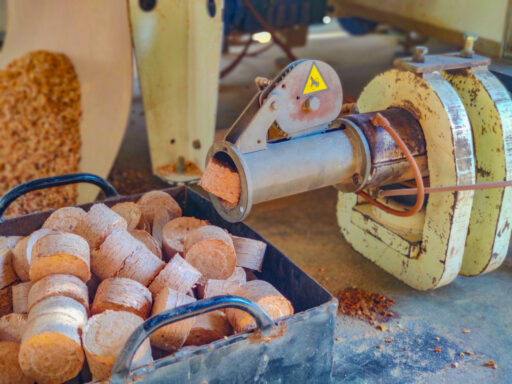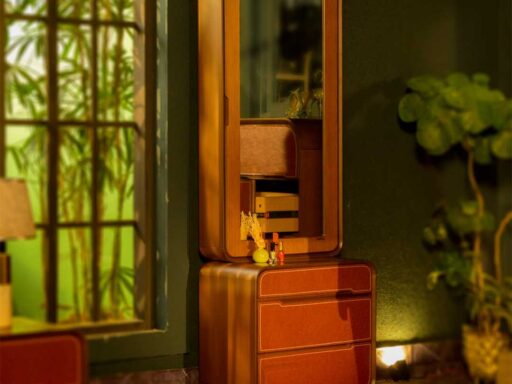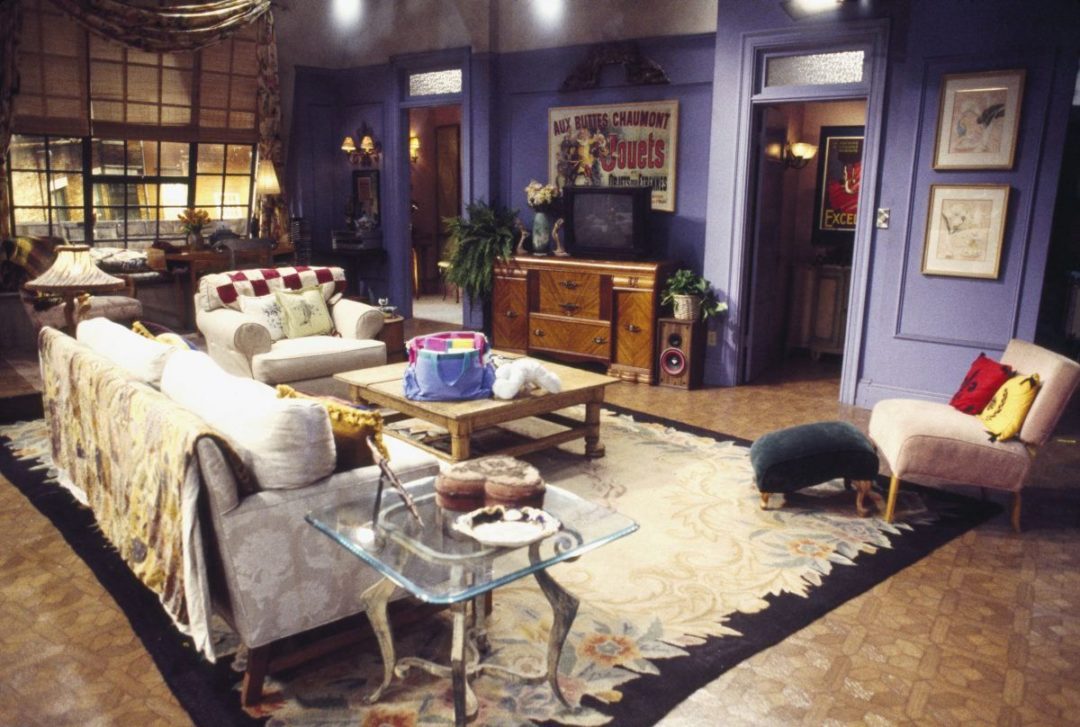“The earth is what we all have in common.”
– Wendell Berry
No matter where we reside, one unifying element we all share is our planet, Mother Earth. She provides us with the essential breath of life, the air we inhale and exhale with each passing moment. Therefore, as inhabitants of this planet, we bear a significant responsibility to preserve and protect our environment through sustainable practices for the health of our ecosystems, ensuring that the heart of our Earth continues to pump life and vitality for generations to come.
Unfortunately cutting down trees and increasing industrial wastes are causing trouble to keep this earth healthy and less polluted. In this regard, the wood-based industry, especially the furniture sector, has a significant role in global environmental degradation. The demand for housing and furniture products has increased over the years. Hence, deforestation has become a common scenario in fulfilling the ongoing demand.
Not only water and air pollution, the furniture industry leaves a lot of waste in nature. This industry generates maximum waste from wood scraps, varnishes, paints, and other materials, as chemicals mix into the soil and water, causing risks to ecosystems and human health. Therefore, considering the overall global condition the wood-based industry needs to adopt sustainable practices to mitigate its environmental impact.
Action should be taken
To address the environmental impact, the furniture industry needs to incorporate sustainable practices across its operations. Firstly, sourcing wood from responsibly managed forests can greatly reduce deforestation.
Additionally, implementing waste reduction techniques, such as recycling wood scraps and repurposing discarded materials, can help companies reduce their waste footprint. Moreover, adopting energy-efficient production processes, including renewable energy sources like solar power, will reduce dependence on fossil fuels, helping by lowering greenhouse gas emissions.
Furthermore, companies should also be careful to use eco-friendly paints and packaging to minimize the negative effects on the environment. Hence, choosing biodegradable or recyclable packaging materials is an essential step.
HATIL’s Green Initiatives
Using FSC-certified wood
As a leading furniture brand, HATIL has taken proactive steps to minimize its carbon footprint and promote environmental responsibility. One of the major initiatives it has taken is using FSC (Forest Stewardship Council) certified wood in furniture production. By this, HATIL ensures that wood sources come from sustainably managed forests.
Central dust collection system
It has also established a central dust collection system to effectively collect dust particles and reduce air pollution within and around their manufacturing sites ensuring a healthier environment for workers and nearby communities.

Recycling industrial waste
HATIL has taken an innovative approach by recycling industrial waste. The company utilizes a state-of-the-art central dust collection machine to gather fine wood dust from the air, helping to minimize pollution. Additionally, HATIL repurposes scrap fabric into rebounded mattresses to reduce landfill waste.
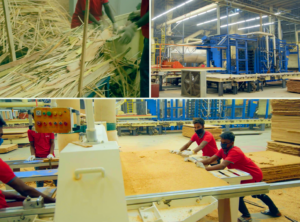
Established solar power
HATIL incorporates renewable energy into its operations by utilizing solar power. This shift reduces the company’s reliance on non-renewable energy sources, thereby minimizing its carbon footprint. In addition to the initiatives, the company has also launched a green initiative campaign to address environmental issues more seriously. With every furniture purchase, consumers will receive a tree as a gift. This ‘Green Initiative’ campaign aims to improve climate conditions and raise awareness among consumers, encouraging them to make sustainable choices when buying furniture.
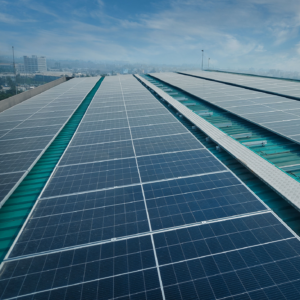
In conclusion, the wood-based furniture industry has a significant environmental impact. However, companies can mitigate this through responsible sourcing, energy efficiency, and waste reduction. Here HATIL exemplifies eco-friendly initiatives and sustainable practices, promoting a healthier planet.

